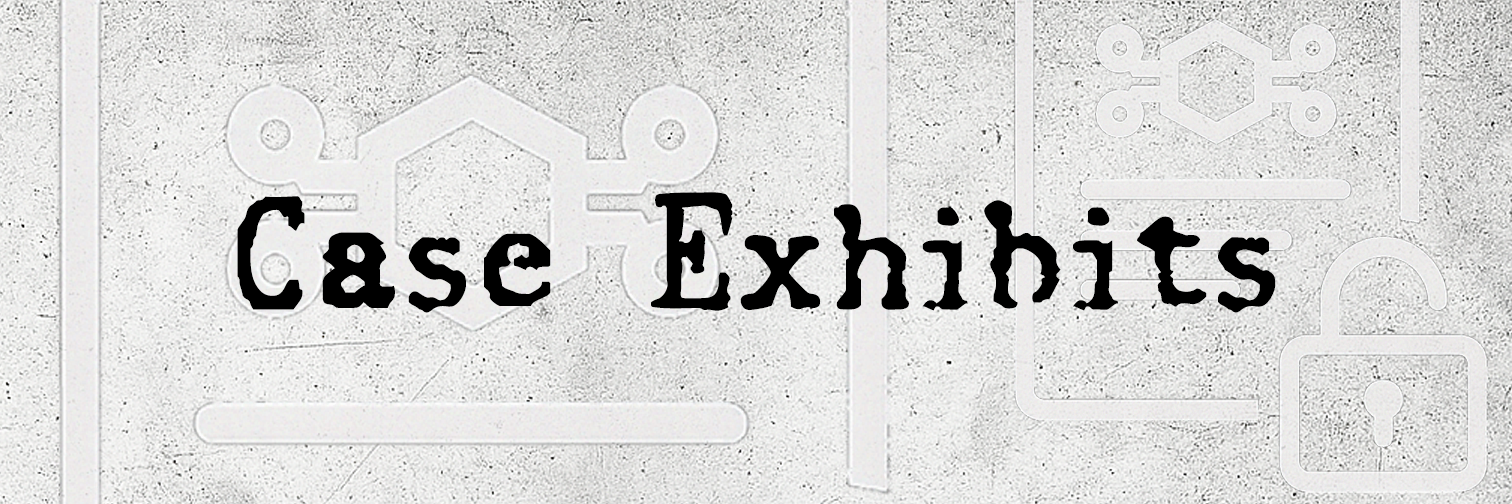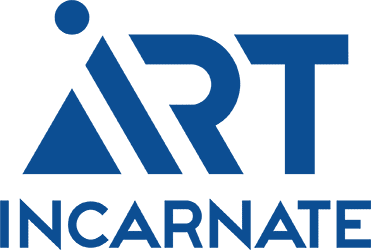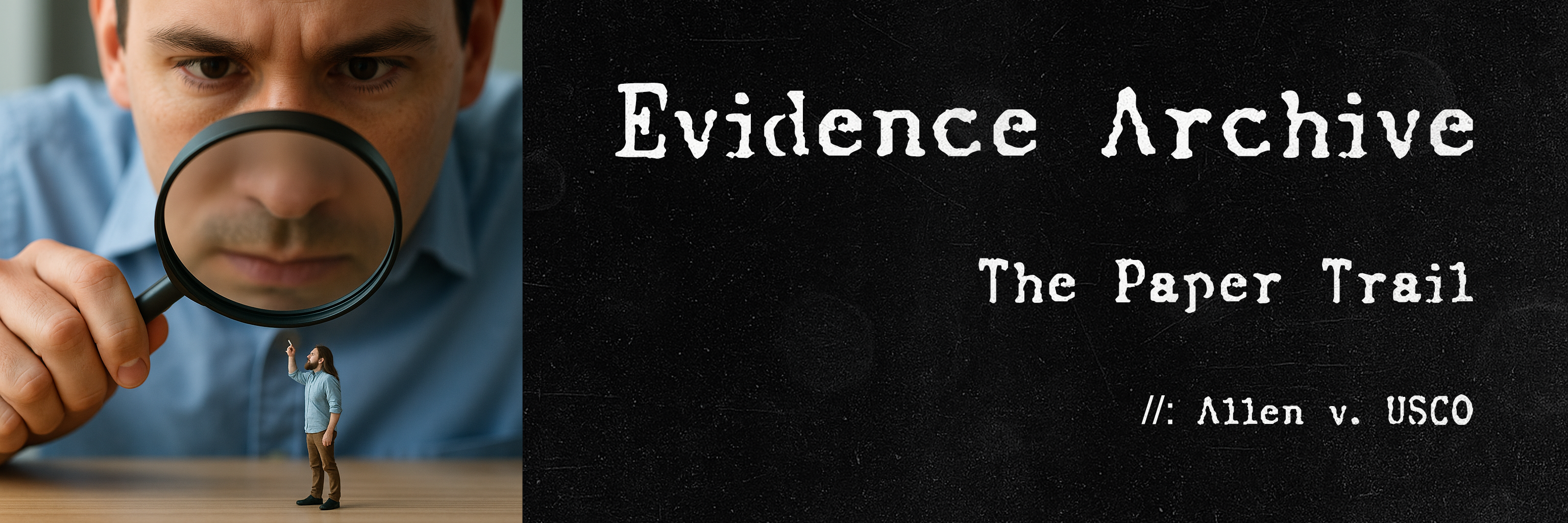The Art Incarnate Evidence Archive
This archive exists for one reason: transparency.
On the right (or down below, if you’re on mobile), you’ll find a menu of exhibits. Each one expands to show a short summary, along with the option to open, read, or download the actual legal documents themselves.
What you see here are the original filings, refusals, appeals, and briefs that define Allen v. Perlmutter — the first federal case challenging the U.S. Copyright Office’s refusal to recognize AI-assisted art as human authorship.
The case centers on my work Théâtre D’opéra Spatial, a piece created through 624 conscious, creative decisions. It won first place at the Colorado State Fair Fine Arts Competition in 2022, judged by artists themselves. Yet the Copyright Office stripped me of authorship, declaring the work “authorless” simply because I used AI as one of my tools.
This archive shows the absurdity of that position, step by step.
-
In Exhibit A, the Office coined the phrase “appreciable AI material” — a term found nowhere in law.
-
By Exhibit E, they abandoned that language altogether, quietly replacing it with “traditional elements of authorship” — another phrase they invented from thin air.
-
By Exhibit G, my legal team exposed how unconstitutional, arbitrary, and capricious their approach truly is.
This is more than my fight. If the Copyright Office can strip me of authorship, then no creator using AI tools is safe. Writers, musicians, filmmakers, designers — all could see their work denied, not because it lacks creativity, but because the Office doesn’t approve of the tools they used.
The Constitution gave Congress the power to protect “authors” broadly, in order to promote progress. It did not empower an administrative office to rewrite that definition to exclude an entire generation of creators.
By publishing these documents here, unfiltered and in sequence, I want you to see the evidence for yourself. Read their words. Read mine. Read the motion for summary judgment. Then decide: who is really honoring the law, and who is making it up as they go?
This archive is not just about proving authorship of a single work. It’s about exposing how fragile creative rights become when institutions contract them beyond recognition — and why every conscious creator has a stake in this fight.
Welcome to the Evidence Archive.
The record speaks for itself.



